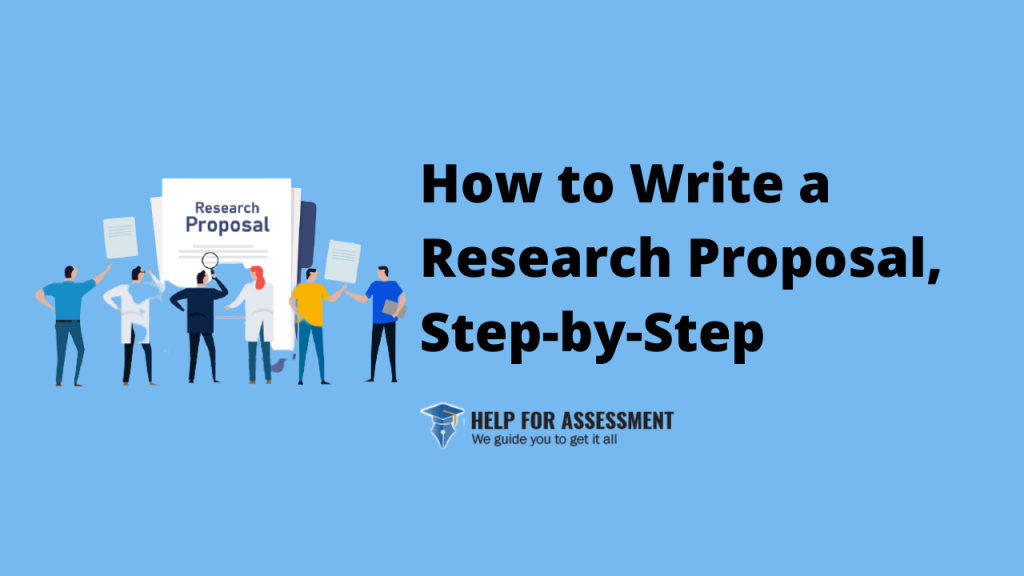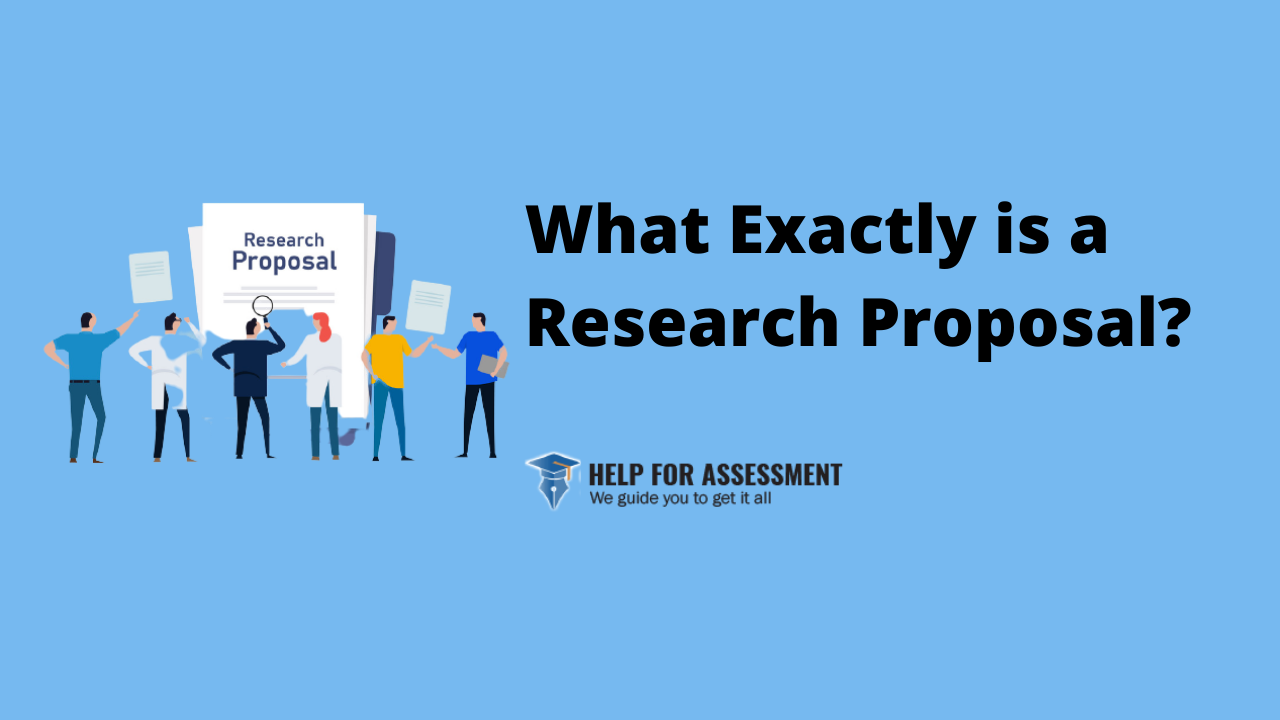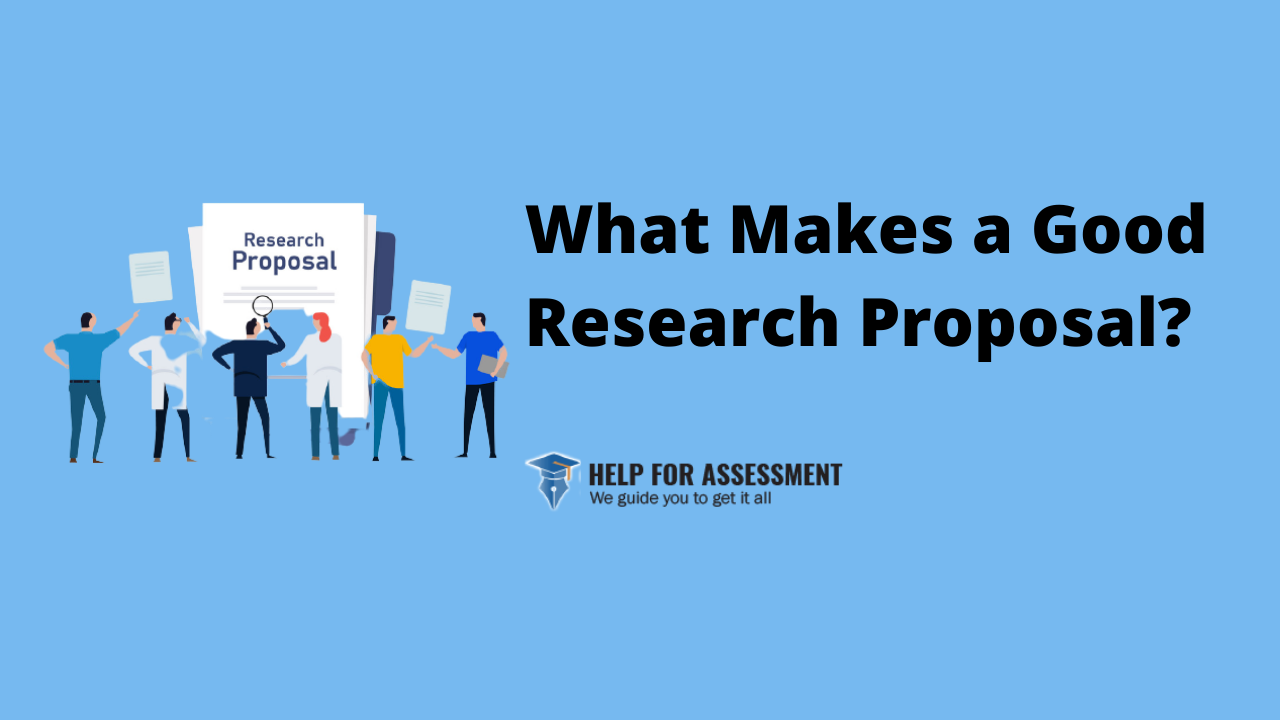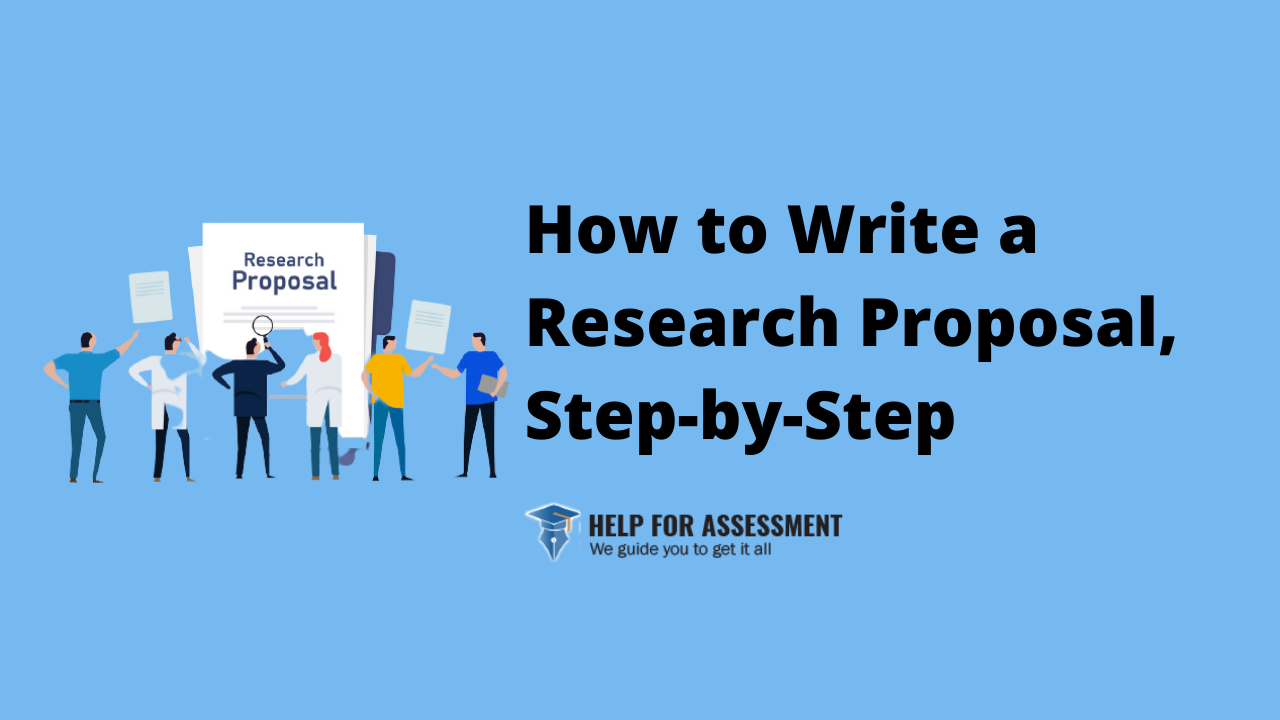When you have to write a research proposal for a project or as part of your course assessment, you may wonder why you have to spend so much time and effort toward preliminaries for the actual project. However, writing a research proposal is a solid way of ensuring that your project succeeds, and we are going to show you how to do it.
Academia is notorious for its love of defining and delimiting everything. When it comes to your project, it helps to have a concrete plan and approach for what you intend to do. Thus, a research proposal acts as the blueprint of your project.
Writing an excellent research proposal requires a combination of subject knowledge, planning, research skills, and communication skills.
However, if you feel that you would rather spend your time and effort elsewhere, we will write your project proposal for guaranteed quality and top-level expertise. All you need to do is reach out to us, and you can even get 25% off your first order.
If you do have the time and skills needed to write a successful proposal, let's go on. Let us show you how we do it so that you, too, can write research proposals like a pro.
What is a Research Proposal
A research proposal is a concise summary of a proposed research project. It is a document that defines what your project is, what it will entail, what it will need, how it will be carried out, and what you expect to achieve.
Like a good blueprint, a good research proposal acts like a plan that you can follow systematically toward the successful completion of your project. For students, it is the introduction to an actual project which you may or may never carry out.
Why Do You Need a Research Proposal?
Every big project started with a well-crafted research proposal that passed a review process and won a grant.
Even if you are not going to be applying for a grant, a research proposal will help you plan your project ahead of time and foresee any future challenges. It forces you to clearly define what you expect to do and achieve with your project and thus gives it a solid form you can pitch to others.
Are you about to carry out major research? Do you have a series of science or social experiments you want to perform? Are you pursuing a Ph.D.? If your answer to any of these questions is 'yes,' you need a research proposal.
Of course, students too will be writing tons of research proposals before they graduate. That is a good thing because it equips them with the skills they will need to succeed in the future. Some professors also prefer to assign research proposals instead of actual research projects.
That is a great mercy for the students because it saves them the exhausting and mind-numbing work involved in an actual project.
Whenever you write a research proposal, there is a lot at stake, so you better make it good.
What Makes a Good Research Proposal
A good research proposal is you pitching your research project to the world. You will be trying to convince everyone why your project is valuable, that you have the expertise to carry it out successfully, and that what you hope to achieve will benefit them. It also outlines how you will be using the resources assigned, if any.
Part of the audience will be your professor awarding a grade, a committee awarding a grant, peers reviewing your project, and many other essential readers. If you convince them to go ahead with your project, the proposal is successful. So, what will help to make it a success?
Having now established that you need to write a research proposal and what you need to make it good, here is how you should go about it.
How to Write a Research Proposal, Step-by-Step
Writing a research proposal is easy if you know how to do it. You will be marrying all the stated objectives into one document.
Besides, there are specific formats, structures, and templates you can follow to give your research proposal a head start. The process involved can be broken down into several sequential steps.
Choose Your Topic
Sometimes, the topic of your research is clear-cut and needs no refinement. Other times, it is already provided by an instructor, faculty, or organization. Most of the time, however, you have to come up with the subject matter.
Choosing a single topic out of tens or hundreds of possibilities is daunting, but you can make it easier by doing the following.
how unlikely they may seem. Don't confine yourself at this stage, but rather be flexible and open-minded.
Then, take time to think about each topic, its impact on you and the society, and what value would be added by looking into it. You should have narrowed it down to a few items by now, so research lightly online to see which will be more manageable until you find the ideal match
To start with, brainstorm for ideas and write down everything that comes to mind, no matter how unlikely they may seem. Don't confine yourself at this stage, but rather be flexible and open-minded.
Then, take time to think about each topic, its impact on you and the society, and what value would be added by looking into it. You should have narrowed it down to a few items by now, so research lightly online to see which will be more manageable until you find the ideal match.
Craft an Abstract
The abstract is a succinct and comprehensive summary of the entire research condensed into one paragraph of about 300 words. It sets the bounds of what the project aims to accomplish.
The purpose of an abstract is simply to describe. While your goal is to convince the reader that your project is worth a shot, you will not be trying to sell it to him. Make the abstract simple, clear, and as short as possible without leaving out anything important.
To do this, start by writing a short paragraph describing the entire project. You can also give a brief context to help readers get a bigger picture of the project. Next, describe and give brief arguments about the major questions your project is aiming to tackle.
It is also a good idea to update the reader of previous research into the subject matter. That will help give them a smooth transition into the rationale or goals of your project. Finally, describe your research method and findings.
The abstract sounds very much like a brief outline of the entire project, which is what it is. You want to give a clear picture for the reader who does not have time to go through the whole project. It also has the take-away points of your research. As such, it is usually a good idea to write the abstract once your project is done to make sure nothing is left out.
Plan Your Research
You have your goals; now you know what you need to accomplish in the project. How do you go about it? Unless you are a student writing a proposal for an imaginary project, this stage is even more fun.
Some projects involve lots of reading, while others need you to go even further and get original data from primary methods. Sometimes you can get material online, while many projects require countless hours in the library perusing books.
Now is an excellent time to come up with a strategy for your research. How are you going to obtain credible and relevant sources?
Who are you giant to work with to achieve this? Planning your research takes time and effort, but you also need to be flexible in this part. Once you have it figured out, your research proposal is almost done.
What A Research Proposal Looks Like: Format and Sample Outline
By now, you intuitively know what should go into your research proposal. We will give it a concrete form with a sample outline to help you structure it accordingly. However, keep in mind that not every research proposal looks the same, and different entities create their own formats. If you don't have a suggested format, here is a sample you can use.
Introduction
The introduction of your research proposal and that of an essay are not much different in that they are both meant to entice and hook the reader. The only difference is that this time, the goal is to prove how important your research project is to your audience.
Literature review/Background information
This is the part where you review what other research and material are available onto which you aim to build. It provides context for your research and helps your readers understand why you are carrying out your project. You can read this post to learn how to write a literature review
The main aim of this point is to supply missing links in the available information, prove what is suspected, or underscore something already known. You will need a lot of background information on a professional proposal as opposed to one done in class. Always be sure to use only the most recent and up-to-date information available.
Methodology
How will you find out the information and data you need for your research? For a class project, you are better off using the research methods you have been learning over the semester to prove to your instructor that you understood the techniques taught.
If the research project is your own, you can choose the methods best for your project that lend the most credence to it. You will also need to state what your primary and secondary sources will be. You don't have to go in detail, such as name specific books. Just list the qualitative, quantitative, and mixed methods you intend to use.
Citations
Here, you will give the exact names of books, journals, articles, and publications that you used in your research. List them in APA, MLA, or other acceptable formats. APA is used in social sciences, while humanities use MLA. Check this guide to learn more about sources and citations.
A research proposal can vary in length but is usually 4-8 pages or up to 8000 words. You might also like to know that the humanities use the past tense, while social sciences use the present tense in writing. Sciences also use the past tense to describe what happened.
Need Help With Writing Your Research Proposal?
That is all you need to write a fantastic research proposal, but as they say, the proof is in the pudding. When you get down to it, you might find that some things still need the attention of experienced research proposal writers. If you need help with your research proposal, reach out to the team at Help for Assessments.
We are also expert writers of research projects and documentation, theses, dissertations, essays, and all forms of academic writing. Let our experts help you get there faster and more conveniently. Apart from getting an instant quote, we will give you 25% off your first order, so claim it now!





